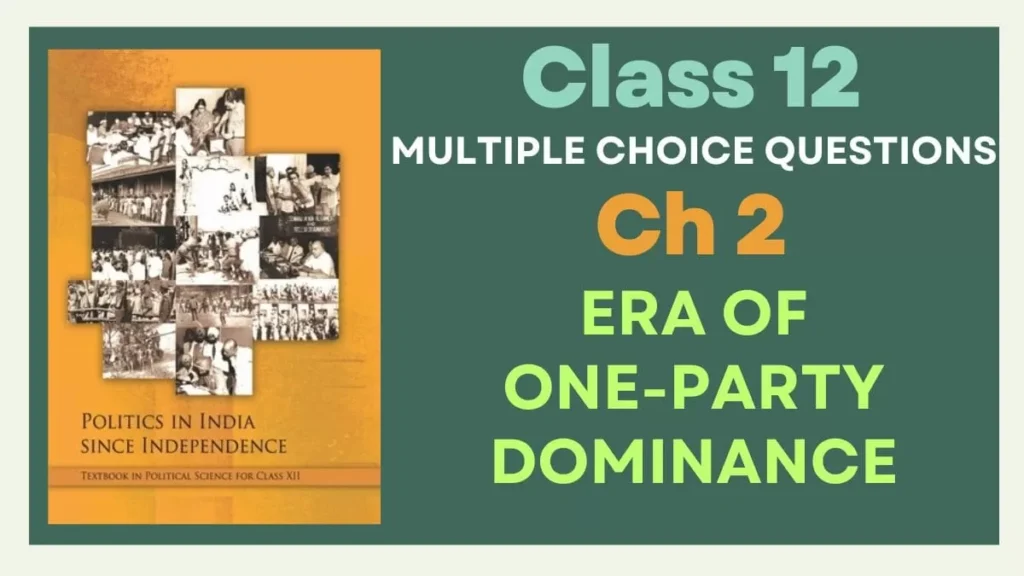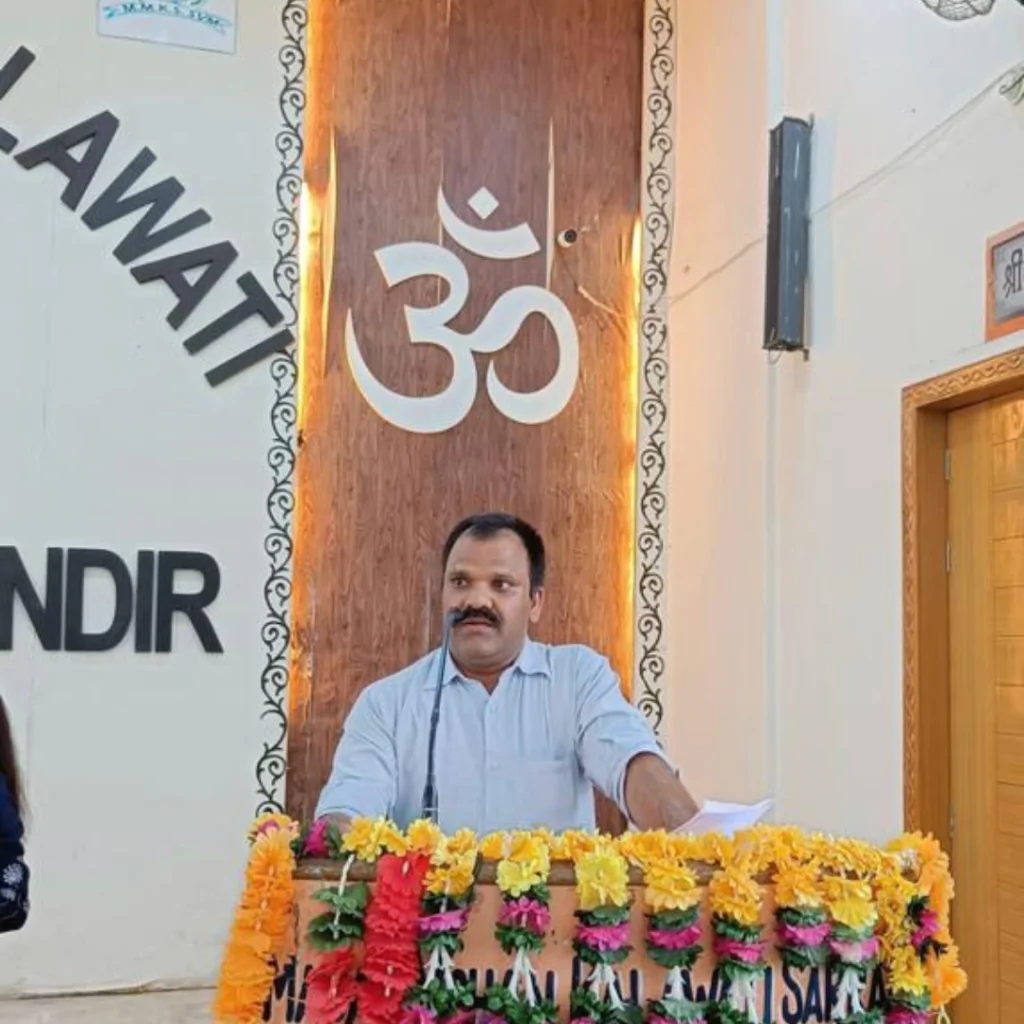As students of Political Science and responsible citizens of our country, it is essential for us to have a profound understanding of India’s political history since gaining independence. In this article, we provide a comprehensive set of Multiple-Choice Questions (MCQs) specifically designed for reviewing Chapter 2, “Era Of One-Party Dominance,” from the Class 12 NCERT textbook, “Politics In India Since Independence.” Additionally, you can easily download the PDF version of these MCQs through the link provided at the end of this article.

Image: Jagranjosh.com
MCQs for Effective Revision: Chapter 2 – Era Of Single-Party Dominance
This article offers a collection of 10 multiple-choice questions (MCQs) intended to assess and strengthen your grasp of the fundamental concepts covered in Chapter 2, “Era Of One-Party Dominance,” within the NCERT textbook, “Politics In India Since Independence,” for Class 12. These questions are invaluable tools for students preparing for upcoming examinations. Use them as a resource for comprehensive revision, and be sure to check your answers using the provided answer key at the end of this article.
Exploring Chapter 2: Era Of Single-Party Dominance – 10 MCQs
Let’s delve into ten multiple-choice questions drawn from Chapter 2, “Era Of One-Party Dominance,” in the Class 12 NCERT textbook, “Politics In India Since Independence“:
Question 1: During the period referred to as the “Era of One-Party Dominance,” which political party held a dominant position in the Indian political landscape?
a) Indian National Congress
b) Bharatiya Janata Party
c) Communist Party of India
d) Bahujan Samaj Party
Question 2: The term “Era of One-Party Dominance” encompasses which time frame?
a) 1947 to 1962
b) 1977 to 1984
c) 1989 to 1996
d) 1998 to 2004
Question 3: The dominance of a single political party in India’s political scene was primarily a result of:
a) Reduced support for Opposition parties
b) Electoral volatility
c) Coalition politics
d) Absence of regional parties
Question 4: What does the abbreviation EVM stand for?
a) Electronic Voting Machine
b) Electoral Voting Machine
c) Election Vending Machine
d) Electoral Vending Machine
ALSO READ: CBSE Class 12 English: The Interview (Chapter 7) – Study Notes (PDF Download)
Question 5: The decline of the Congress party’s dominance in the late 1960s and early 1970s can be attributed to:
a) Emergence of regional parties
b) Emergence of a charismatic leader
c) International pressure
d) Gradual decline in the Congress party’s ability to accommodate various interests and aspirants for political power, leading to the rise of other political parties.
Question 6: The emergence of coalition politics in the 1980s can be traced back to:
a) Strong leadership of a single party
b) Fragmentation of the Congress party
c) Elimination of opposition parties
d) Centralization of power
Question 7: In which year did India introduce Electronic Voting Machines (EVMs)?
a) 2004
b) 1950
c) 1960
d) 2010
Question 8: The term “Congress System” refers to:
a) The organizational structure of the Congress party
b) A governance system based on Congress ideology
c) A system where the Congress party dominated the political scene, acting as both the ruling party and the opposition.
d) A system of rotating leadership within the Congress party.
Question 9: Who served as the Prime Minister of India during the Emergency period from 1975 to 1977?
a) Jawaharlal Nehru
b) Morarji Desai
c) Indira Gandhi
d) Manmohan Singh
Question 10: The Mandal Commission, established in 1979, was initiated by:
a) Jawaharlal Nehru
b) Morarji Desai
c) Indira Gandhi
d) Manmohan Singh
Answer Key
- a) Indian National Congress
- a) 1947 to 1962
- a) Lesser number of votes for Opposition parties
- a) Electronic Voting Machine
- d) The ability of the Congress to accommodate all interests and all aspirants for political power steadily declined and other political parties started gaining greater significance
- b) Fragmentation of the Congress party
- a) 2004
- c) A system where Congress dominated the political scene as Congress acted as the ruling party as well as the opposition
- c) Indira Gandhi
- b) Morarji Desai

